|
Xavier Dolan's Mommy contains two perilous moves that put the cohesion of the film in play. Dolan tightly constricts the frame to a claustrophobic aspect ratio in an attempt to put the viewer in the same headspace as the characters, all of whom are boxed in by their lives and possess limited options for escaping. This is as close to telling as showing can get, potentially forcing that rule to loop all the way around and become too obvious. Dolan also spends much of the first hour of his film depicting a dangerous and explosive teen as the primary conflict generator, and then dares the viewer to want a better life for him despite how repulsive he often acts. The framing relies on directorial flair, and the character sympathy relies on the strength of the actors. Mommy gives itself a high degree of difficulty, but still achieves the goals it sets for itself, marking Dolan as a filmmaker unafraid of risks. Why should he be when he can put together a film as strong as this one?
0 Comments
After Blue Ruin, his gritty, low-rent revenge thriller, Jeremy Saulnier plainly isn't about to wash all the grime off in his follow-up, Green Room. Taking place almost solely in a backwoods neo-Nazi bar, this pot-boiler upgrades the cast but retains Blue Ruin's shocks and visceral violence.
It's easy to forget that some of the most impactful humans to ever rise to power were once children with unsure destinies, susceptible to changes in luck or support that may have knocked them off course. In A.J. Edwards' The Better Angels, young Abraham Lincoln gets the spotlight, and the viewer is invited to ponder how easy history can be changed. What if that trip to tanning school was completed and he learned a trade instead of being taught in a more classical style? What if he drank the bad milk that killed his mother? What if his father was a crueler man, and resisted his first and second wives' attempts to educate his introspective son? Despite history being written and this film essentially adhering to it, The Better Angels is immersive enough to create stakes in these and other conflicts, resulting in that rare historical film which makes the viewer forget that they know the ending.
Errol Morris's The Fog of War is my favorite documentary, unless it happens to be a day when that title goes to Hoop Dreams. When Fog of War has the pride of place, I can work myself into an emotional lather thinking about Robert McNamara trying and failing to reconcile his public career with his private feelings as he talks about the hundreds of thousands of deaths that in some way, bore his stamp. While McNamara is the longest Secretary of Defense in US history, Donald Rumsfeld's combined tenure was the second-longest, and both men's careers involve controversy and still-hot public disagreement. Rumsfeld's career is well-suited to Morris's camera, but in The Unknown Known, which does exactly that, the results are nowhere near as enlightening. Rumsfeld is either a man resistant to self-interrogation, or an elusive subject who knows what Morris wants from this endeavor and refuses to give it to him, and by extension, the viewer.
Pride smooshes two social justice causes into its narrative, like if Norma Rae was fighting for unionization and the equal rights amendment at the same time. In this true story of homosexual London activists descending into Wales at the height of the Thatcher coal strikes, there's uplift to spare. Matthew Warchus' film flirts with corniness, but is so earnest and crammed with heartwarming subplots that it wins over the viewer as surely as the gays and lesbians win over the Welsh miners.
One of the early presenters at the most recent Oscars ceremony proposed that the awards would be given out in the order by which the categories contribute to the filmmaking process. They started with Writing, but then went straight into Supporting Actress, ditching that good idea before a tenth of the awards had been given out. This wasn't the first time the Oscar producers have tried to make the filmmaking process less opaque to the viewers, though I would guess the vast majority seated in the theater couldn't differentiate between Sound Editing and Sound Mixing, much less the people at home. For that kind of knowledge and more, one should turn to Christopher Kenneally's documentary Side By Side. After watching, the viewer is thoroughly educated on filmmaking broadly, and more specifically about the practice of making movies digitally or with actual film. As an added bonus, it comes with 100% less self-seriousness than the Oscars, and takes less than half the time.
|
Side PiecesRandom projects from the MMC Universe. Categories
All
Archives
April 2023
|
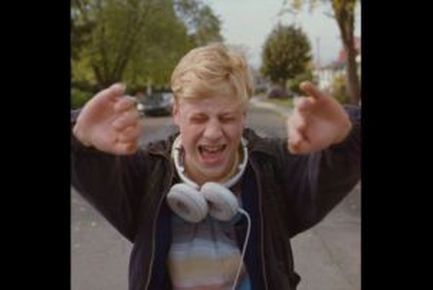
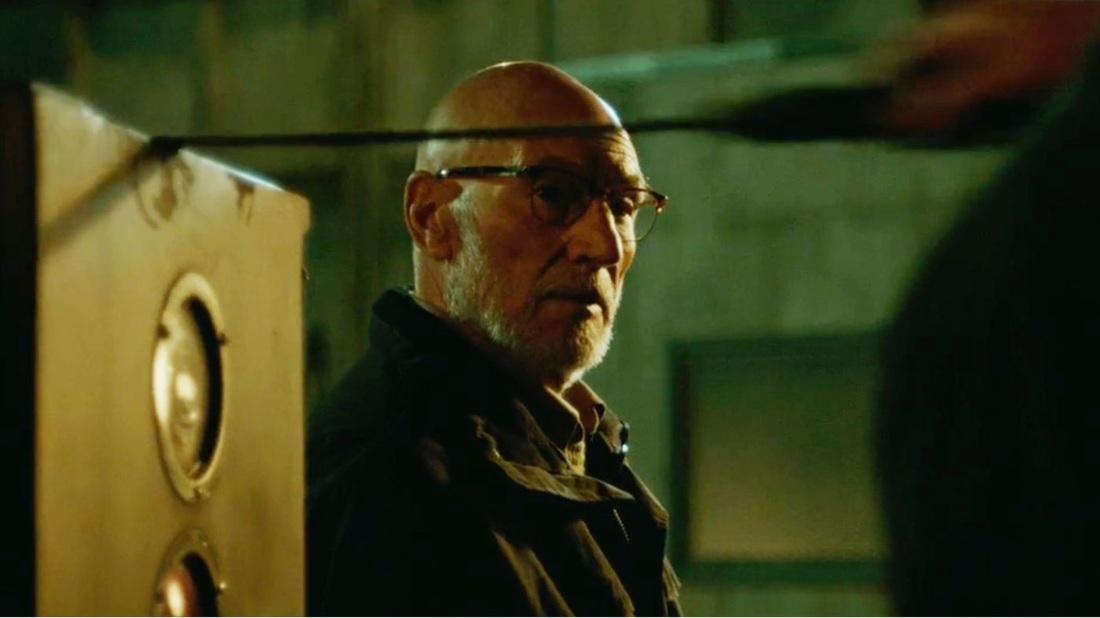
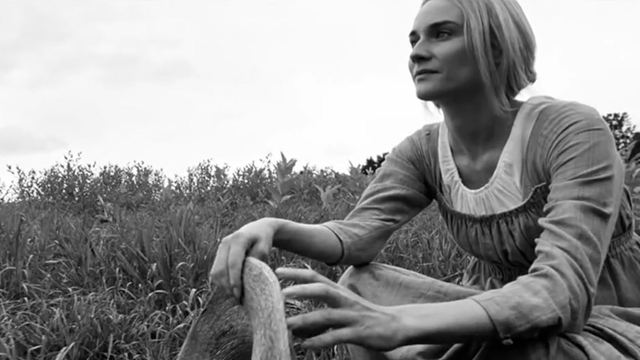
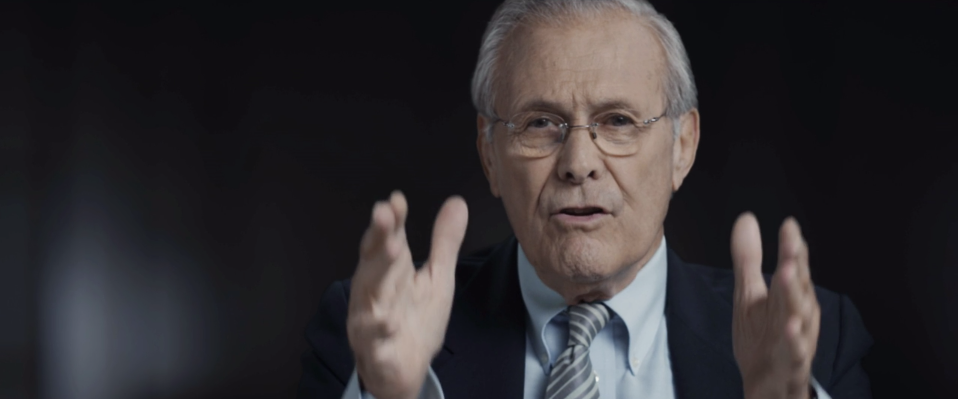
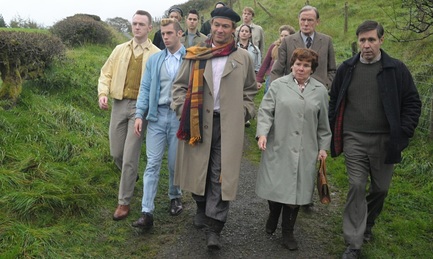
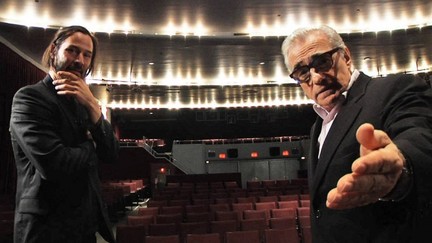
 RSS Feed
RSS Feed